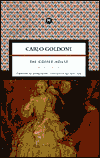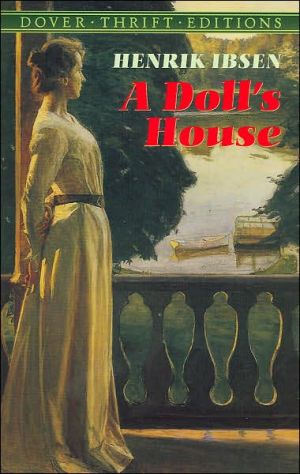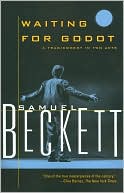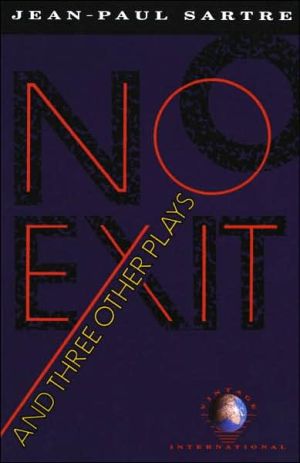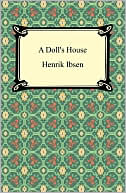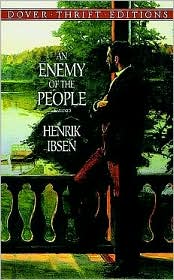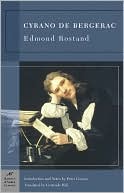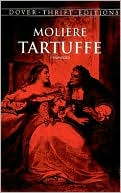The Coffee House
A brilliant comedy and relentless criticism of the moral and social values of the 18th-century Venetian bourgeoisie by one of Europe's most celebrated playwrights. Bilingual edition.
Search in google:
A new edition of Heine's deconstruction of the travelogue. First published in 1828 and 1831, its scathing attacks against religious bigotry and reactionary politics have become some of the most celebrated examples of the author's merciless wit.Library JournalDubbed "Italy's Molire" by none other than Voltaire, Goldoni (1707-93) is regarded as the father of Italian comedy. Until now, anyone looking for an English translation of his La Bottega del Caffe had only one choice, a 1925 translation by Henry B. Fuller. Now there are two new choices, each with unique qualities to recommend them. Cornthwaite's translation is like espresso: pungent, distinctive, with a bit of an edge. Parzen's is more like cappuccino: sharing the strong base, but with the added ingredient of the original Italian on the facing page. One of Smith & Kraus's "Great Translations for Actors," Cornthwaite's is just that-it is contemporary in tone but still conveys the essence of the original comedy. Parzen's version tends to be more literary and is better suited for reading than playing. The opening lines of both versions illustrate this quite clearly: Ridolfo, owner of the coffee shop, is rallying the waiters at the start of the business day. Parzen has him say: "Come on, boys, be good. Be quick and ready to serve our customers politely, with civility. Because the reputation of a shop often rests on the good manners of its servants." Cornthwaite gives him these words, "Look lively, boys. Remember-snappy service with a smile." Drama collections, then, may prefer Cornthwaite's acting version, while language and literature collections might opt for Parzen's traditional and bilingual version.-Carolyn M. Mulac, Chicago P.L.
\ Library JournalDubbed "Italy's Molire" by none other than Voltaire, Goldoni (1707-93) is regarded as the father of Italian comedy. Until now, anyone looking for an English translation of his La Bottega del Caffe had only one choice, a 1925 translation by Henry B. Fuller. Now there are two new choices, each with unique qualities to recommend them. Cornthwaite's translation is like espresso: pungent, distinctive, with a bit of an edge. Parzen's is more like cappuccino: sharing the strong base, but with the added ingredient of the original Italian on the facing page. One of Smith & Kraus's "Great Translations for Actors," Cornthwaite's is just that-it is contemporary in tone but still conveys the essence of the original comedy. Parzen's version tends to be more literary and is better suited for reading than playing. The opening lines of both versions illustrate this quite clearly: Ridolfo, owner of the coffee shop, is rallying the waiters at the start of the business day. Parzen has him say: "Come on, boys, be good. Be quick and ready to serve our customers politely, with civility. Because the reputation of a shop often rests on the good manners of its servants." Cornthwaite gives him these words, "Look lively, boys. Remember-snappy service with a smile." Drama collections, then, may prefer Cornthwaite's acting version, while language and literature collections might opt for Parzen's traditional and bilingual version.-Carolyn M. Mulac, Chicago P.L.\ \
